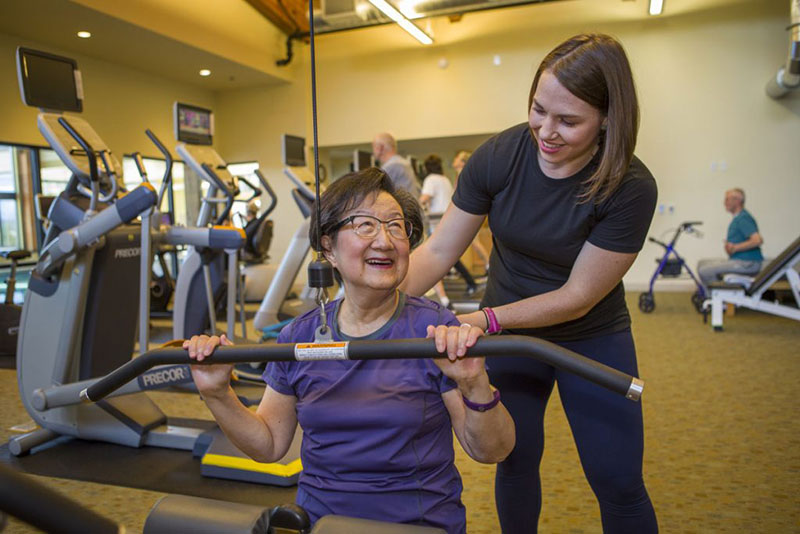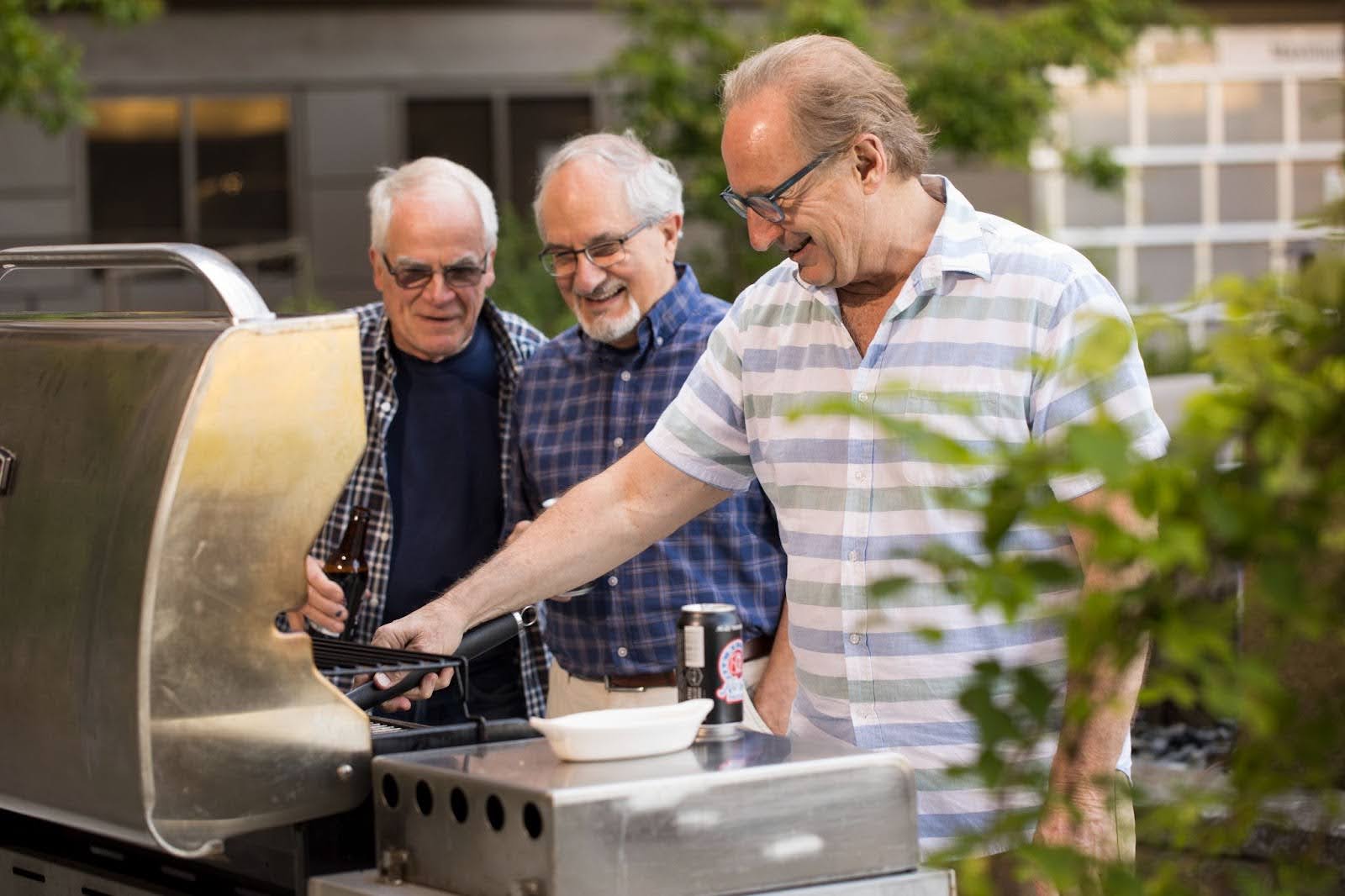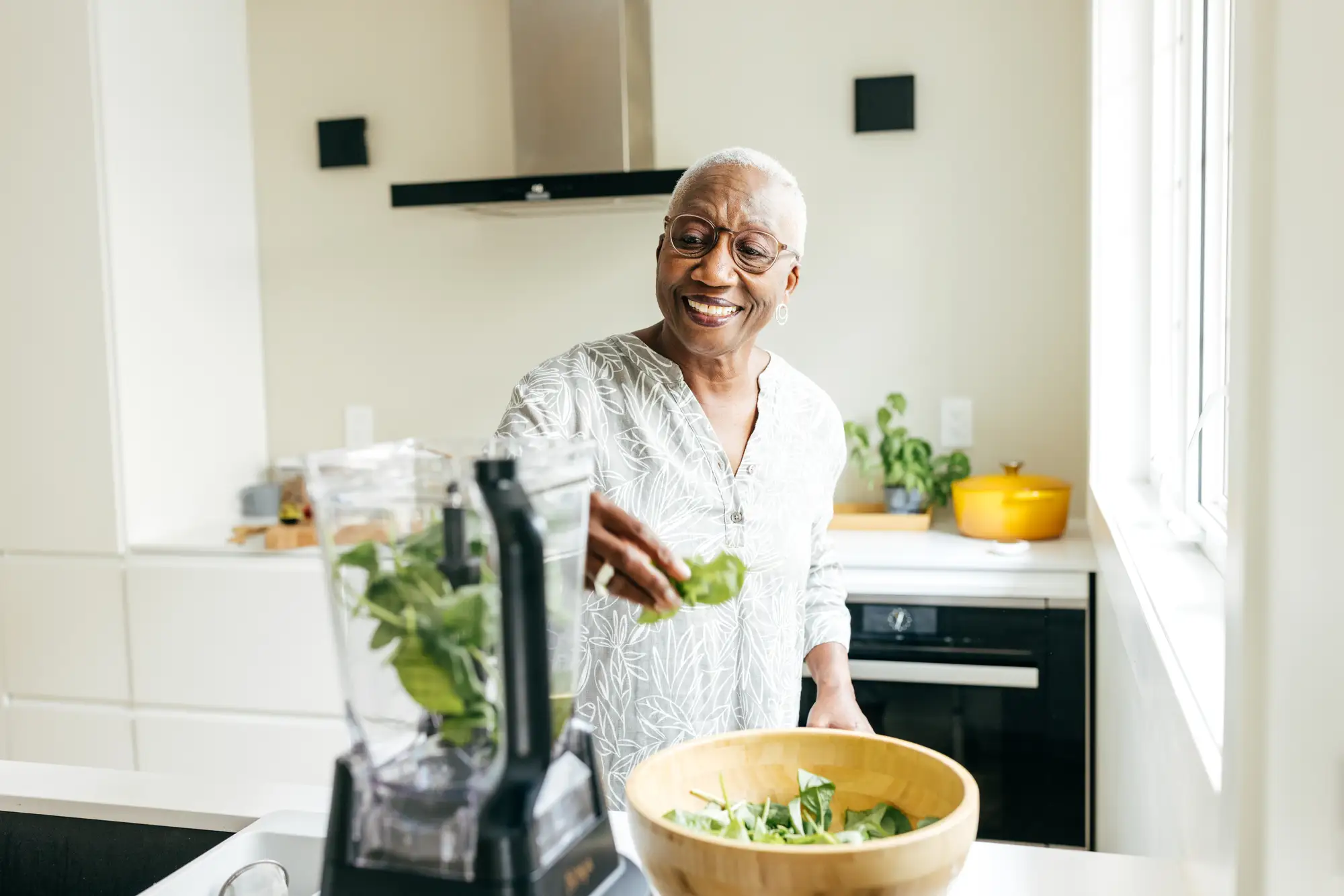
What Are IADLs
What Are IADLs and How Do They Impact Quality of Life?
In the realm of caregiving and eldercare, the term “IADLs” often surfaces in discussions about maintaining independence and quality of life. But what are IADLs, and why are they crucial?
Let’s delve into these questions and explore how they affect everyday life for many older adults.
Understanding IADLs
Instrumental activities of daily living (IADLs) refer to the complex tasks and activities that are necessary for an individual to live independently in their community.
Unlike activities of daily living (ADLs), which are basic self-care tasks like bathing, dressing, and eating, IADLs encompass more complex activities that are essential for functioning in society.
How Are IADLs Assessed?
Assessing one’s ability to perform IADLs involves evaluating various domains of daily life. These can include:
Household Management
This involves home maintenance tasks like cleaning, maintaining a safe living environment, and performing minor repairs around the home.
Shopping
The ability to purchase groceries, clothing, and other necessities independently or with minimal assistance is essential to a high quality of life.
Managing Finances
Handling money, paying bills, and budgeting effectively are all important components of maintaining financial stability.
Cooking
Cooking, meal preparing, and maintaining a balanced diet are necessary for older adults to stay healthy and nourished.
Transportation
This is the capability to navigate transportation options to get to appointments, social activities, and run errands.
Using Technology
Proficiency in utilizing technology such as computers, smartphones, and household appliances for safety, communication, entertainment, and everyday tasks.
How Do IADLs Impact Quality of Life?
The ability to perform IADLs independently significantly influences an individual’s quality of life. For many, these activities are essential for maintaining autonomy, social engagement, and overall well-being.
Difficulties in performing IADLs can lead to feelings of frustration, dependence on others, and a diminished sense of self-worth.
How To Qualify for Assisted Living
As individuals age or face challenges that affect their ability to perform IADLs independently, they may consider transitioning to assisted living or another form of senior care where they can receive support and care tailored to their needs.
Qualifying for assisted living typically involves an assessment of one’s functional abilities, including both ADLs and IADLs. If an individual requires assistance with a significant portion of these tasks and would benefit from the services and amenities provided by assisted living, they may meet the criteria for admission.
Understanding IADLs and their impact on daily life is essential for promoting independence and enhancing the quality of life for individuals, especially as they age or face health challenges.
By recognizing the importance of these instrumental activities and providing support where needed, we can empower individuals to maintain their autonomy and continue to thrive in their communities.
IADLs and Quality of Life at Timber Ridge at Talus
At Timber Ridge at Talus, we understand the importance of maintaining independence and quality of life as we age. That’s why we’re proud to introduce the T.R.A.I.L. program – a trusted home care service designed to support seniors in their activities of daily living and to enhance their overall well-being.
Seamless Support With T.R.A.I.L.
At Timber Ridge at Talus, our T.R.A.I.L. program is more than just a service; it’s a commitment to providing comprehensive and adaptable support that aligns with residents’ evolving needs and preferences. This program seamlessly integrates into the fabric of daily life within our community, offering a range of services that cater to various aspects of well-being.
Personal Care & Light Housekeeping
Residents can rely on T.R.A.I.L. for essential personal care tasks, including shaving, oral hygiene, bathing, dressing assistance, meal planning, toileting, and medication reminders.
Our caregivers also lend a helping hand with light housekeeping duties such as kitchen and bathroom tidying, bed-making, laundry, vacuuming, sweeping, dishwashing, and even light gardening.
By taking care of these everyday tasks, we ensure that residents can focus on enjoying their lives to the fullest.
Technical & Mobility Assistance
In today’s digital age, technical support is crucial for staying connected and informed. T.R.A.I.L. offers technical assistance such as changing batteries, light bulbs, and providing guidance with emails and phone calls.
Additionally, our caregivers are trained to provide mobility assistance, including help with ambulation, transfers, the use of mobility aids, and smooth transitions between activities. This comprehensive support enhances residents’ independence and peace of mind.
Pet Care
Pets are cherished companions, and our T.R.A.I.L. caregivers understand the importance of ensuring their well-being. From walking pets to cleaning litter boxes, we’re here to help residents care for their furry friends.
Exercise Assistance
Moreover, staying active is key to maintaining overall health and vitality. T.R.A.I.L. provides exercise assistance, including supervision during workouts and accompanying residents on walks or visits to the fitness center or the pool. This encourages an active lifestyle and promotes social interaction within our community.
The T.R.A.I.L. program at Timber Ridge at Talus goes beyond traditional home care services. It’s a holistic approach to support, tailored to enhance every aspect of residents’ lives and ensure they thrive in our vibrant and welcoming community.
By recognizing the importance of IADLs and offering the T.R.A.I.L. program, Timber Ridge at Talus is committed to enhancing the retirement lifestyle of our residents and providing peace of mind to family members.
We invite you to explore how T.R.A.I.L. can support your independence and enrich your experience at Timber Ridge at Talus. Contact us today to schedule a tour and learn more.






